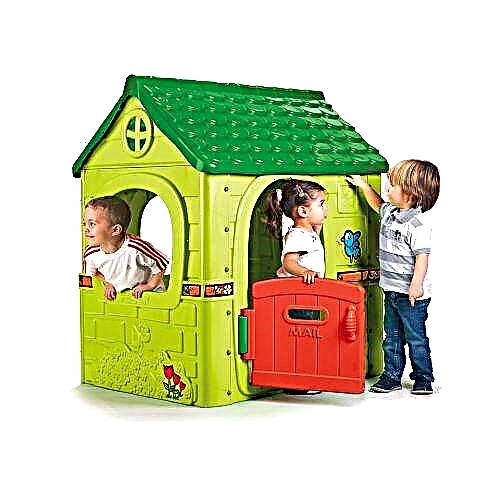
Food allergies in infants
The spread of allergic reactions affects not only adults, but also infants - we are talking, first of all, about food allergies. Since the course of allergies in babies is much more difficult than in adults, this issue should be taken care of right away. Many, for example, try to breastfeed babies only, but remember that food allergies in babies can also be triggered by breast milk.
Reasons for the child's predisposition to allergies:
- If any of the child's parents are susceptible to allergic reactions, the child's chance of being allergic increases. Usually, the tendency of one of the parents with a 37% probability leads to an allergy in the child, and the predisposition of each parent increases to 62%.
- The next important factor is the use of the following products by the expectant mother during pregnancy: vegetables and fruits of bright colors, milk, chicken eggs, chocolate, tonic drinks, nuts, honey and mushrooms. The use of these products by a pregnant mother increases the chances of the formation of an allergenic background in the child. Smoking, as well as the use of antibiotics by the mother during pregnancy, negatively affects the propensity of the unborn child to allergies.
- Diseases suffered by a child in infancy or hypoxia during pregnancy affect the formation of allergies. These diseases include, first of all, intestinal infections and ARVI.
- Failure to follow the diet of a nursing mother and baby greatly increases the risk of allergies.
- Unjustified transfer of a child from breastfeeding to infant formula negatively affects the susceptibility to allergies. Regular change of formula, feeding the baby with cow's milk and using cheap formula significantly increases the risk of allergies, since it disrupts the work of the baby's gastrointestinal tract.
In infants, the enzyme responsible for the digestion of food is poorly produced, so any new food is either not digested by the child, or is digested with great difficulty. Most often, the regular change of food products leads to rejection by the child's body, which leads to rejection of the food in the future.
What symptoms will allow the mother to recognize the presence of an allergic reaction in her baby if it has not been prevented?
Allergies can manifest themselves in different ways: skin diseases, respiratory and gastrointestinal diseases:
- Signs of allergic skin diseases are redness of the skin, rash, itching, peeling, profuse sweating, Quincke's edema, urticaria.
- Respiratory diseases usually result in severe allergic rhinitis.
- Diseases of the gastrointestinal tract are expressed in constipation, diarrhea, frequent regurgitation, gag reflexes, flatulence.
The most serious and life-threatening of the above diseases is Quincke's edema. With this disease, some parts of the body swell, an attack of suffocation occurs, a lack of oxygen, the child's voice quickly sits down. If these symptoms appearyou need to see a doctor quickly!
What foods are not recommended to feed a baby?
- In 85% of cases, babies are allergic to cow's milk (protein).
- The next product (62% of allergies) is a chicken egg.
- Dangerous are gluten-containing foods, bananas, buckwheat, potatoes, soybeans, less often corn, even less often - various types of meat
If any symptoms of allergy occur, the mother needs to show her child to a specialist to identify the product to which he is allergic and to exclude it from the child's diet. To do this, you need to start a food log, which will record the child's use of various foods and his reaction to them.
Frequent cases of food allergy in a child can lead to the fact that he will develop other types of allergic diseases (not just food).
Video
Allergy treatment in a child under one year old
 Treatment for allergies usually consists of a strict diet that eliminates the suspected allergen from the diet. You can give some tips on what foods a nursing mother should exclude from her own diet in order to protect her baby from allergies:
Treatment for allergies usually consists of a strict diet that eliminates the suspected allergen from the diet. You can give some tips on what foods a nursing mother should exclude from her own diet in order to protect her baby from allergies:
- Products containing artificial colors.
- Preservatives.
- Fried dishes.
Important article: what can a nursing mother eat (food list)
This should reduce the child's susceptibility to allergies, since most of the allergens are found in the above products.
If an allergy occurs as a result of feeding artificial formula, you should switch to formula where the cow's milk protein is broken down to the amino acid level.
These simple rules will allow your child to quickly get rid of most of the allergic symptoms.
We read further: diathesis in infants



